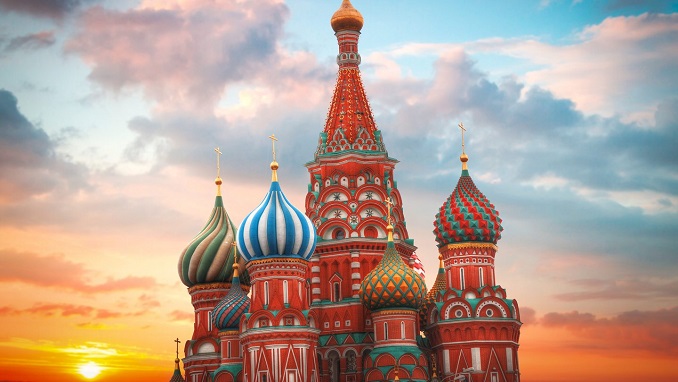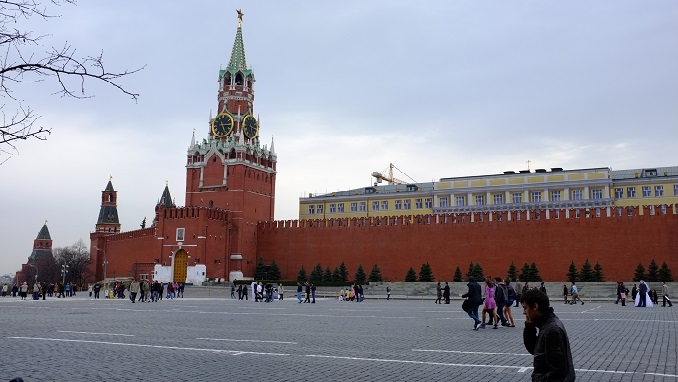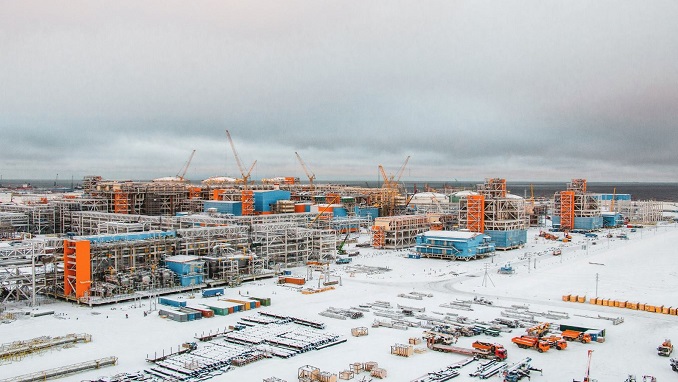On the national roadmap for the mental health program started by the First Lady of Ukraine Olena Zelenska in May 2022, WHO backed the Ministry of Health (MoH) of Ukraine and the Interdepartmental Coordination Council, led by Prime Minister Denys Shmyhal, according to a new WHO bulletin.
The operational strategy, which was introduced on December 9, 2022 by the First Lady and the Prime Minister, will enable a humanitarian response based on already-existing frameworks, assets, and technologies.
Winter was highlighted as a danger in a fast risk assessment created by WHO for Ukraine. Winter increases the risk of excessive cold-related illness and mortality due to the intensifying war, significant population movement and relocation, destroyed infrastructure, and interrupted health systems.
The risk assessment took into account the possible effects of winter and steps that may be done to lower the risk to impacted people as well as to the delivery of health services.
A research by WHO detailing the various ways that the early phases of the war affected access to medications and medical equipment was published. It demonstrates how issues caused by infrastructure damage, logistical challenges, and a shortage of healthcare workers were reduced through streamlined laws and volunteer involvement.
A discussion paper on the restoration of the Ukrainian health system was created by WHO in collaboration with the World Bank, the United States Agency for International Development (USAID) Mission in Ukraine, and the European Union (EU) Delegation to Ukraine. By outlining the sector’s top priorities for the upcoming 18–24 months, it will aid in the creation of plans for early recovery efforts.
Since February 24, 2022, there have been frequent clashes in Ukraine. Millions of people are now in terrible need as a result of this serious humanitarian disaster. This includes individuals who have fled to other nations, those who have been uprooted within Ukraine, and those who reside in regions that are either not under government control or that have just been retaken.



